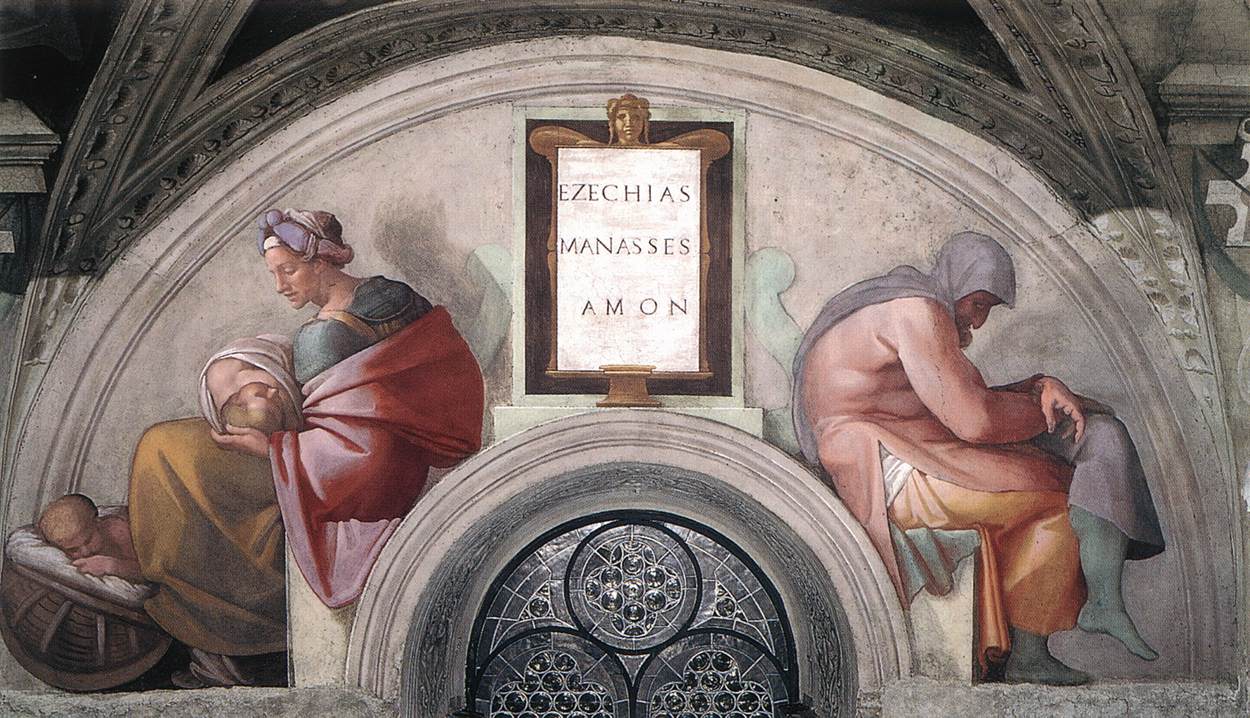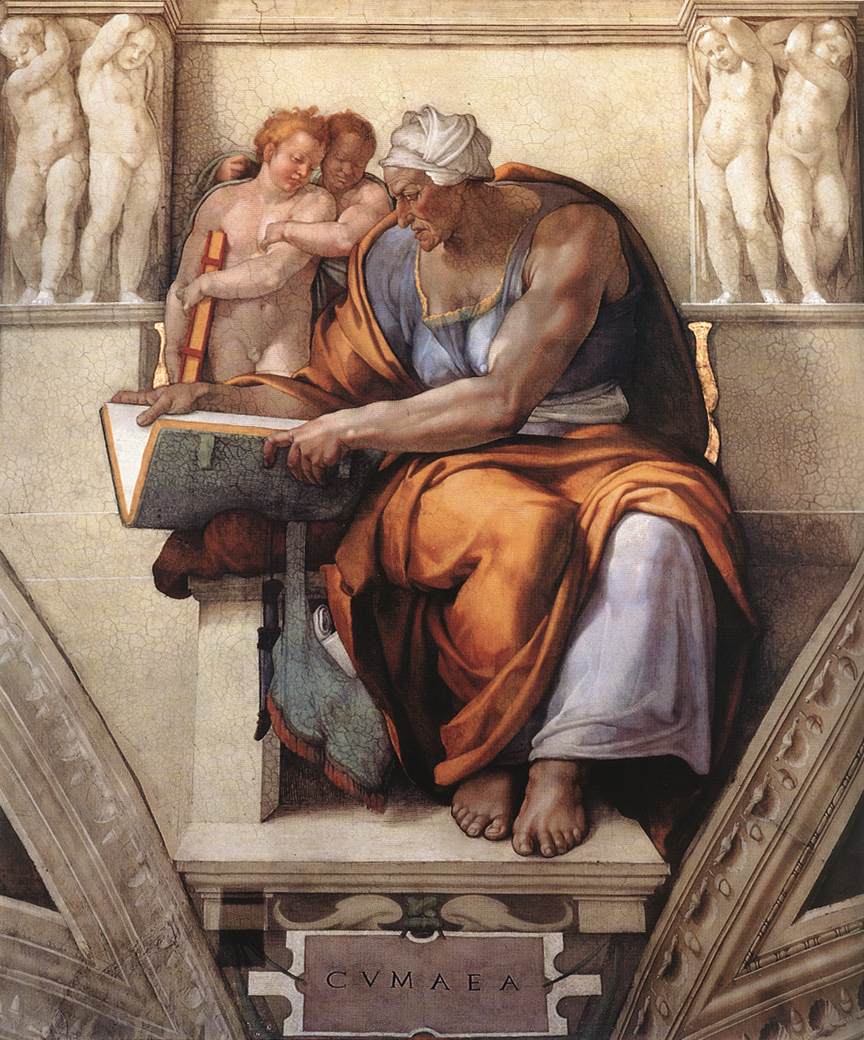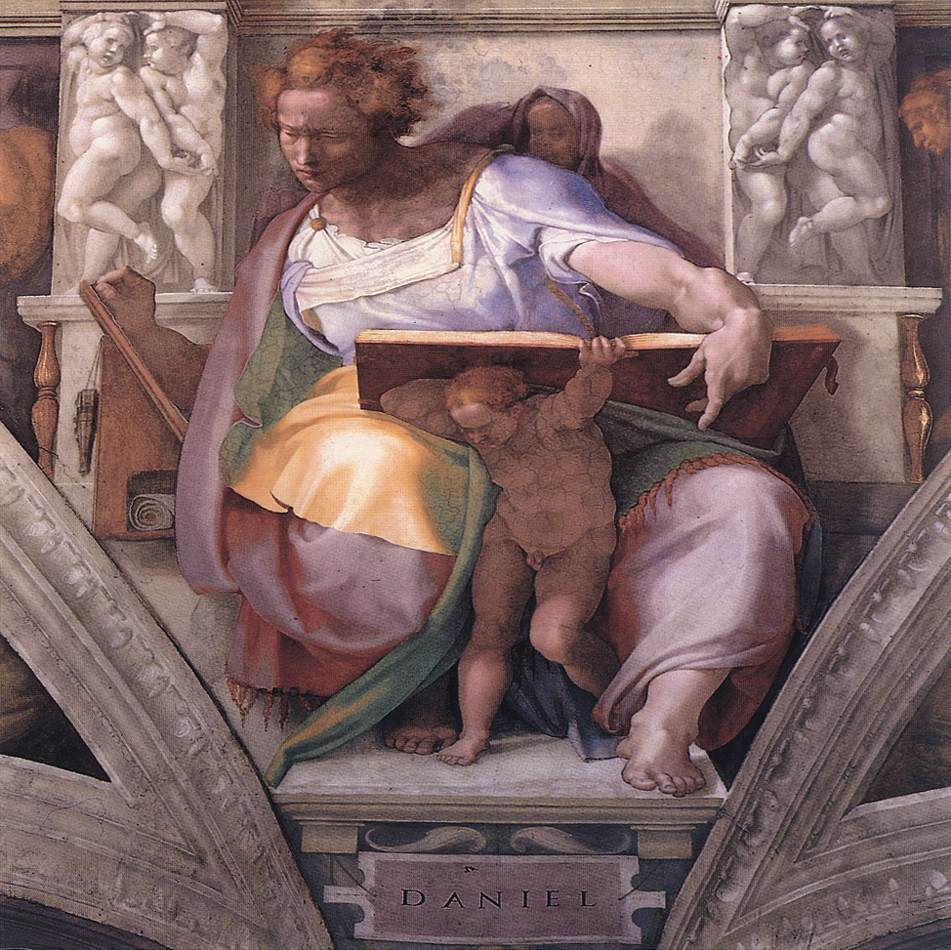 |
| British Museum Song of Los Copy a, Page 2 |
Larry's Journal
Tues Dec 27, 1984
"Thanks for everything.
Reflections about computing. I have transferred much of my idealism to it. I see it as an instrument for democratization. At least it invites a meritocracy. I would like to make it available to all possible. I see it as a possible escape from various forms of poverty, providing new opportunities for many people in many ways. Praise the Lord.
In Night 9 of 4Z Blake put on the mantle of John and allowed himself the luxury of letting his imagination soar with the visions of the apocalyptic future. All Mystery's tyrants are drown'd in a torrent of black blood. The symbol suggests the essential meaninglessness of their endeavors."
Ellie
May 2017
In 1984 Larry was still intoxicated with his Blake studies but he had transferred much of his interest to the developing field of personal computing for exhilarating stimulation.
Having learned from William Blake and John of Patmos that the two dimensions of apocalypse are the death of the diseased body of the old dispensation and the birth of the glorious freshly minted coin of the New Jerusalem, his hope was that mankind would be able to use the new gift of expanded mental capabilities embodied in computers to overcome his blindness and to open his doors of perception.
Vision of Last Judgment, (E 565) "The Last Judgment is an Overwhelming of Bad Art & Science. Mental Things are alone Real what is Calld Corporeal Nobody Knows of its Dwelling Place it is in Fallacy & its Existence an Imposture Where is the Existence Out of Mind or Thought Where is it but in the Mind of a Fool. Some People flatter themselves that there will be No Last Judgment & that Bad Art will be adopted & mixed with Good Art That Error or Experiment will make a Part of Truth & they Boast that it is its Foundation these People flatter themselves I will not Flatter them Error is Created Truth is Eternal Error or Creation will be Burned Up & then & not till then Truth or Eternity will appear It is Burnt up the Moment Men cease to behold it I assert for My self that I do not behold the Outward Creation & that to me it is hindrance & not Action it is as the Dirt upon my feet No part of Me. What it will be Questiond When the Sun rises do you not see a round Disk of fire somewhat like a Guinea O no no I see an Innumerable company of the Heavenly host crying Holy Holy Holy is the Lord God Almighty"
Four Zoas, Night VI, Page 69, (E 346)
"art thou Urizen
Art thou like me risen again from death or art thou deathless
If thou art he my desperate purpose hear & give me death
For death to me is better far than life. death my desire
That I in vain in various paths have sought but still I live
The Body of Man is given to me I seek in vain to destroy
For still it surges forth in fish & monsters of the deeps
And in these monstrous forms I Live in an Eternal woe
And thou O Urizen art falln never to be deliverd
Withhold thy light from me for ever & I will withhold
From thee thy food so shall we cease to be & all our sorrows
End & the Eternal Man no more renew beneath our power
If thou refusest in eternal flight thy beams in vain
Shall pursue Tharmas & in vain shalt crave for food I will
Pour down my flight thro dark immensity Eternal falling
Thou shalt pursue me but in vain till starvd upon the void
Thou hangst a dried skin shrunk up weak wailing in the wind
So Tharmas spoke but Urizen replied not. On his way
He took. high bounding over hills & desarts floods & horrible chasms
Infinite was his labour without end his travel he strove
In vain for hideous monsters of the deeps annoyd him sore
Scaled & finnd with iron & brass they devourd the path before him
Incessant was the conflict. On he bent his weary steps
Making a path toward the dark world of Urthona. he rose
With pain upon the dreary mountains & with pain descended
And saw their grizly fears & his eyes sickend at the sight
The howlings gnashings groanings shriekings shudderings sobbings burstings
Mingle together to create a world for Los. In cruel delight"
Four Zoas, Night IX, Page 121, (E 391)
"And the Eternal Man Said Hear my words O Prince of Light
PAGE 122
Behold Jerusalem in whose bosom the Lamb of God
Is seen tho slain before her Gates he self renewd remains
Eternal & I thro him awake to life from deaths dark vale
The times revolve the time is coming when all these delights
Shall be renewd & all these Elements that now consume
Shall reflourish. Then bright Ahania shall awake from death
A glorious Vision to thine Eyes a Self renewing Vision
The spring. the summer to be thine then Sleep the wintry days
In silken garments spun by her own hands against her funeral
The winter thou shalt plow & lay thy stores into thy barns
Expecting to recieve Ahania in the spring with joy
Immortal thou. Regenerate She & all the lovely Sex
From her shall learn obedience & prepare for a wintry grave
That spring may see them rise in tenfold joy & sweet delight
Thus shall the male & female live the life of Eternity
Because the Lamb of God Creates himself a bride & wife
That we his Children evermore may live in Jerusalem
Which now descendeth out of heaven a City yet a Woman
Mother of myriads redeemd & born in her spiritual palaces
By a New Spiritual birth Regenerated from Death"
Revelation 21
[1] And I saw a new heaven and a new earth: for the first heaven and the first earth were passed away; and there was no more sea.
[2] And I John saw the holy city, new Jerusalem, coming down from God out of heaven, prepared as a bride adorned for her husband.
[3] And I heard a great voice out of heaven saying, Behold, the tabernacle of God is with men, and he will dwell with them, and they shall be his people, and God himself shall be with them, and be their God.
[4] And God shall wipe away all tears from their eyes; and there shall be no more death, neither sorrow, nor crying, neither shall there be any more pain: for the former things are passed away.
















